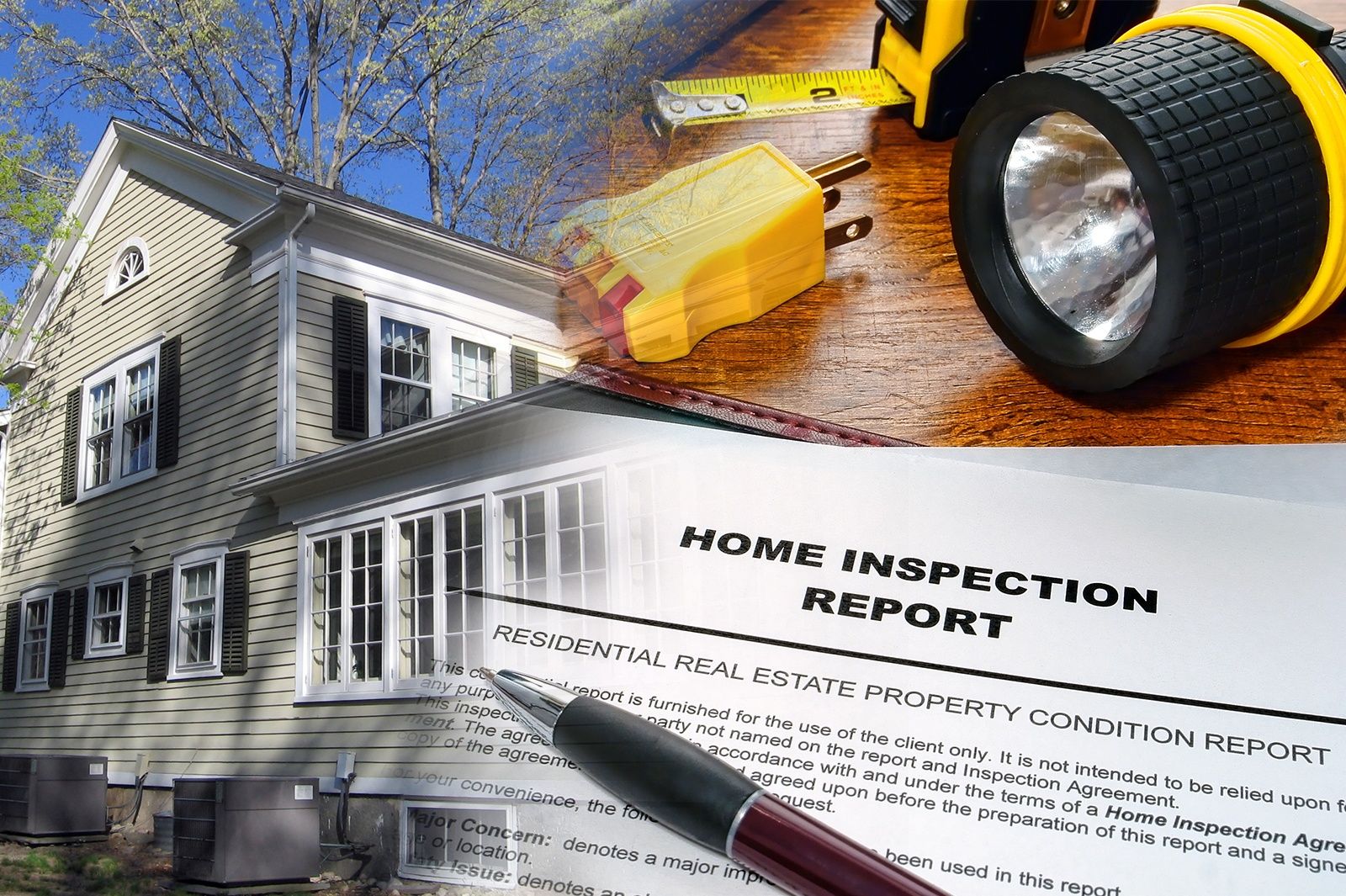Introduction
While both are valuable, they come with their own set of pros and cons. Understanding these can help you make informed decisions and ensure you’re fully prepared for homeownership. From identifying hidden problems to mitigating unexpected costs, a home inspection and warranty can add significant value to your buying process—but they may not be right for everyone. Let’s explore their benefits and drawbacks to help you decide.

Purpose Of A Home Inspection
Home inspections are a comprehensive examination of a property's visible and accessible components. It aims to identify any existing or potential issues, ranging from structural problems to electrical, plumbing, or mechanical issues. When reviewing the report buyers should be looking for anything that could be a safety issue or have an adverse effect on the homes value. If there are repairs needed the buyer of the home can choose to ask the home owner for the repairs to be made, accepted the home as it is, or possibly walk away in more serious situations.
The Inspection Process
First thing, schedule the inspection at a time you can be present. Have a list of questions or concerns you may have noticed during your previous viewings. Ensure the sellers have made sure all the areas are accessible for the inspector. During be sure to ask those questions and any others that come up during the inspection. Once completed, take the time to review the report carefully and pay close attention to an major issues, safety concerns or hidden cost in repairs.
Options after inspection
Once you have the report from the inspection buyers have a few options. First and most common is the buyers get with their real estate agent and work up an inspection response where the buyer agrees to take the home, provided the seller will make certain repairs. Option 2 the buyer can go back to the seller and renegotiate the purchase price or maybe ask for credits at closing. The last option is a last resort and it is simply walking away from the deal. If the buyer is uncomfortable moving forward with the purchase due to the repairs or defects found you can simply release the deal. Or maybe the buyer request the seller to repair things and the seller is unwilling to do so, buyers can release the deal.

What is a Home Warranty
Unlike homeowner's insurance, which primarily covers damages caused by unexpected events like fire, theft, or natural disasters, a home warranty is a service contract that provides coverage for the repair or replacement of major home systems and appliances due to normal wear and tear. It acts as a shield against the high costs of unexpected repairs, helping homeowners manage their budgets and mitigate financial risks.
How Does It work
When a covered system or appliance malfunctions, homeowners can file a claim with their home warranty provider. The provider then dispatches a qualified service technician to assess the issue and either repair or replace the item, depending on the terms of the warranty. Home warranties typically cover essential systems such as HVAC (heating, ventilation, and air conditioning), plumbing, electrical, and major appliances like refrigerators, ovens, and dishwashers.
Key benefits
Budget Protection: Home repairs can be expensive and unpredictable. A home warranty provides financial protection by covering the costs of repairs and replacements, helping homeowners avoid unexpected expenses. Convenience and Peace of Mind: With a home warranty, homeowners have access to a network of pre-screened service technicians and contractors, making it easy to address maintenance issues promptly and efficiently. This convenience alleviates the stress and inconvenience of dealing with unexpected home repairs.
Summary
By understanding what each offers, you can make informed decisions and feel confident in your purchase. Partnering with a knowledgeable real estate professional can also ensure you navigate these options effectively and choose the best path to protect your new home.
